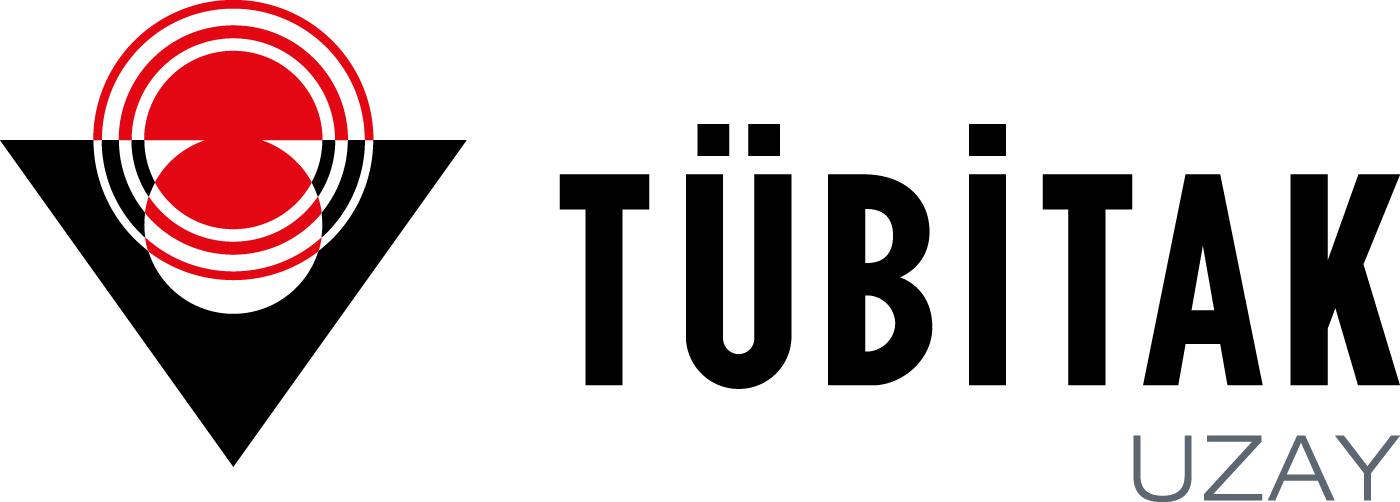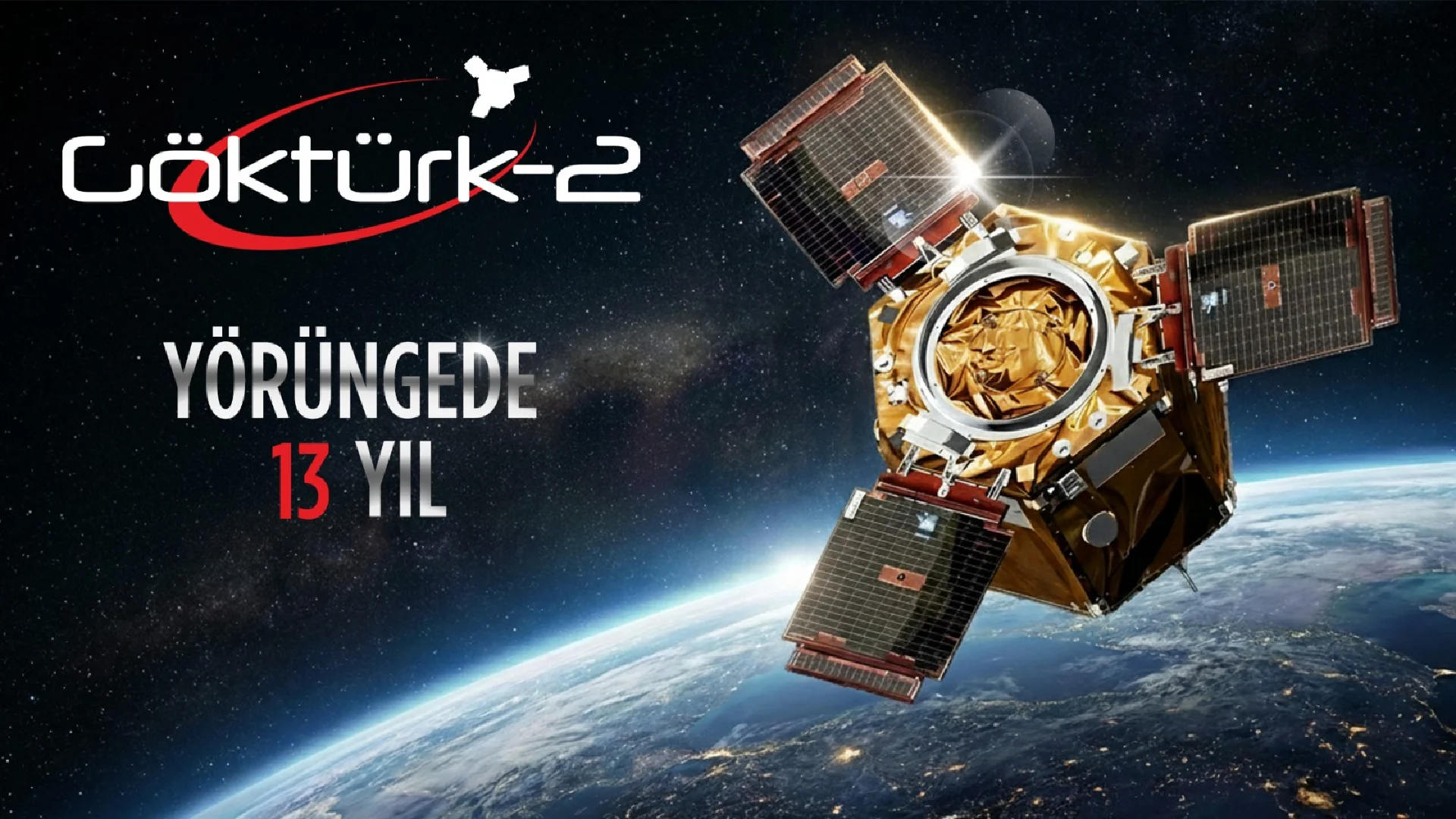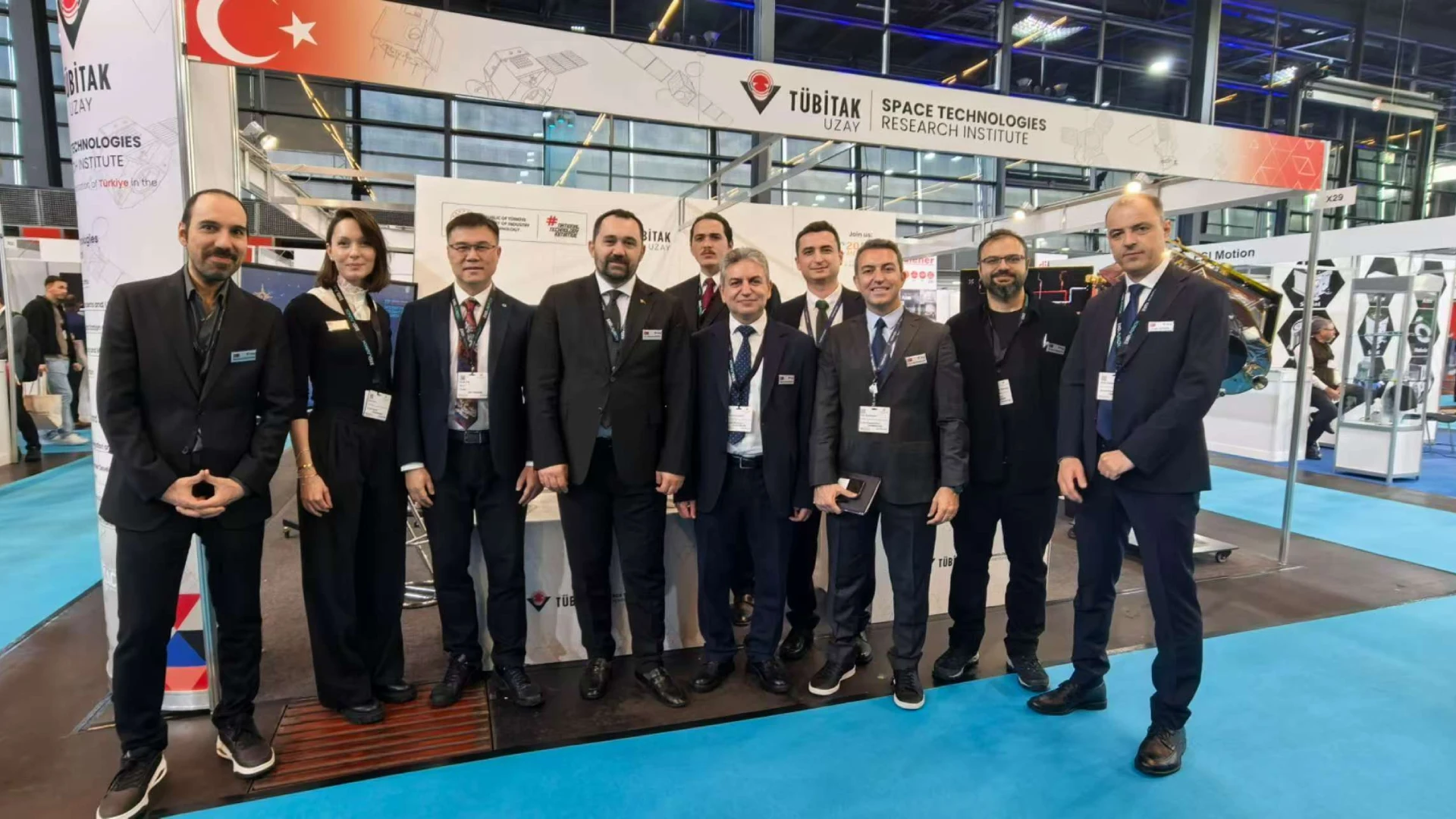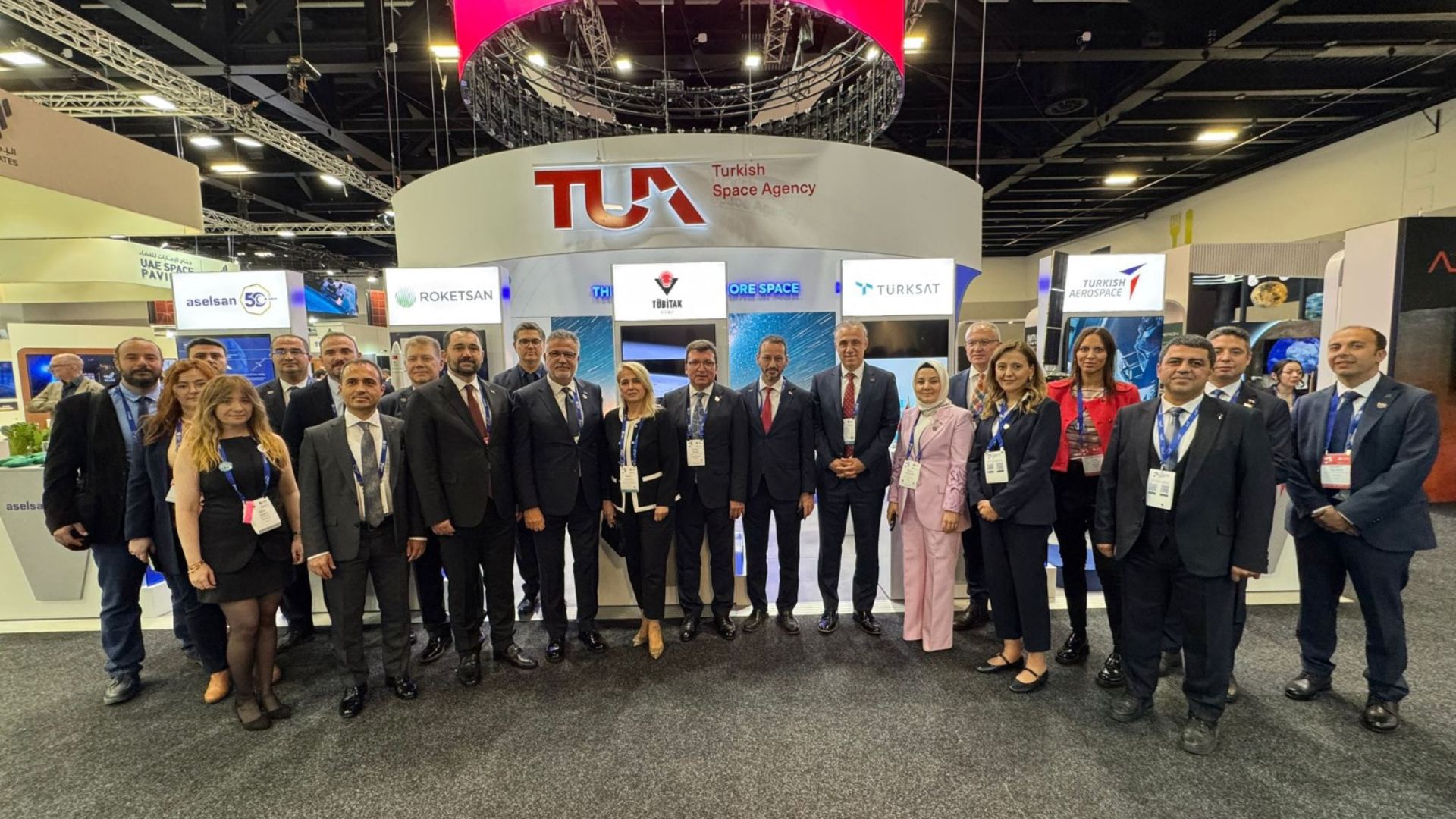Minister of Science, Industry and Technology Nihat Ergün announced that the Secretariat General of the Asia Pacific Space Cooperation Organization, of which China, Bangladesh, Iran, Mongolia, Pakistan, Thailand and Peru are also members, will now be entrusted to Turkey. Minister Ergün said, "Turkey, which produced the Rasat satellite in 2011 and the Göktürk 2 satellite in 2012 with its own means and put them into orbit and said 'I am also in the space race', has received the support of all participating countries."
According to the information provided by Ergün, Celal Ünver, Director of the Program Management Office at TÜBİTAK BİLGEM, will serve as the Secretary General on behalf of Turkey. Ünver was elected as the 2nd Secretary General of the Asia Pacific Space Cooperation Organization for a period of 5 years.
Minister Ergün stated that the 1st Extraordinary Meeting of the Asia Pacific Space Cooperation Organization (APSCO) was held on 30 October 2013 in Beijing, the capital of China, and that representatives of eight APSCO member countries attended the meeting.
'Turkey said 'I am also in''
Ergün said that six countries nominated candidates for the election of the Secretary General and that Turkey received the highest number of votes as a result of the secret ballot. Ergün said that Celal Ünver, Director of TÜBİTAK BİLGEM Program Management Office, was elected as the 2nd Secretary General of APSCO for a period of 5 years on behalf of Turkey. Ergün explained that the Secretary General is the highest level executive in the organization as the CEO and that the International Secretariat of the organization is located in Beijing and said, "Turkey, which produced the Rasat satellite in 2011 and Göktürk 2 satellite in 2012 with its own means and put them into orbit and said I am also in the space race, has received the support of all participating countries. Turkey's achievements in the economic field also played an important role in this result."
'We Gained Competence, We Will Launch Our Own Satellite Within 10 Years'
Ergün's statement is as follows: "Turkey has actually gained important competencies in the field of space. For example, Turkey could not build satellites, Turkey did not even have the capability to build observation satellites. It was paying money, buying them from someone else and having someone else launch them. But with the work we have done in recent years, Turkey has become a country that can build observation satellites on its own. Now we are working on the launch. Currently, a missile is rented and launched from other countries. Because several satellites are launched with that missile, since a single satellite cannot go. Therefore, you lease a missile that can launch several satellites at once from the country you have an agreement with. We rented missiles from China and launched the Göktürk 2 satellite. However, the work we have done has given us the competence to build satellites. We are now starting communication satellites and team satellites, and conceptual design studies have also started, the necessary decisions have been taken and studies are being carried out. In this context, of course, we are also working on missile systems. In other words, satellite launch systems, ballistic missile systems, all of these are carried out together with these competencies. At the moment, Turkey is capable of building and launching communication satellites as well as developing its own unique technologies in missile defense systems within the next 10 years. The work we are conducting together with such international organizations is also important in this respect. All these efforts are aimed at increasing Turkey's capability."
Asia Pacific Space Cooperation Organization
In 1992, the establishment process of APSCO was initiated as a result of the workshop on Asia Pacific Multilateral Cooperation in Space Technology and Applications organized by China, Pakistan and Thailand. In 2001, the secretariat of the Organization was officially established and the draft convention was drafted in 2003. In October 2005, the APSCO Convention ceremony was held in Beijing. At this stage, the Convention has been signed by 7 Asian countries (Bangladesh, China, Indonesia, Iran, Mongolia, Pakistan and Thailand) and 1 Pacific country (Peru).
Turkey became the 9th founding country of this important Convention in July 2006. The 1st APSCO Council Meeting was held on 16-17 December 2008 with the participation of ministerial level representatives of the 9 founding countries and the organization started its activities under the General Secretariat of China. Turkey became a full member of APSCO on November 11, 2010 with the publication of Law No. 5986 in the Official Gazette and the ratification of the APSCO Convention by the Council of Ministers. The Council is the highest decision-making body of the organization. All coordination of multinational projects carried out by APSCO in Turkey is carried out by TÜBİTAK UZAY. TÜBİTAK UZAY represents Turkey before APSCO and contributes to the creation and implementation of projects. Indonesia is an associate member.
The General Assembly convened in secret ballot for the election of the Secretary General and Turkey's candidate Celal Ünver came first with 691 points, a significant margin over the other candidates.
During the election process, our Embassy in Beijing and the Ministry of Foreign Affairs made great efforts and initiatives were taken before the member countries. For detailed information on APSCO and its activities http://www.apsco.int can be accessed at
Turkey's International Memberships in Space
In the field of space, Turkey is a member of the Asia Pacific Space Cooperation Organization, as well as the Committee on Space Research (COSPAR), the European Organization for the Unification of Space and Society (EURISY), the International Astronautical Federation (IAF) and the Global Earth Observation Group (GEO).






